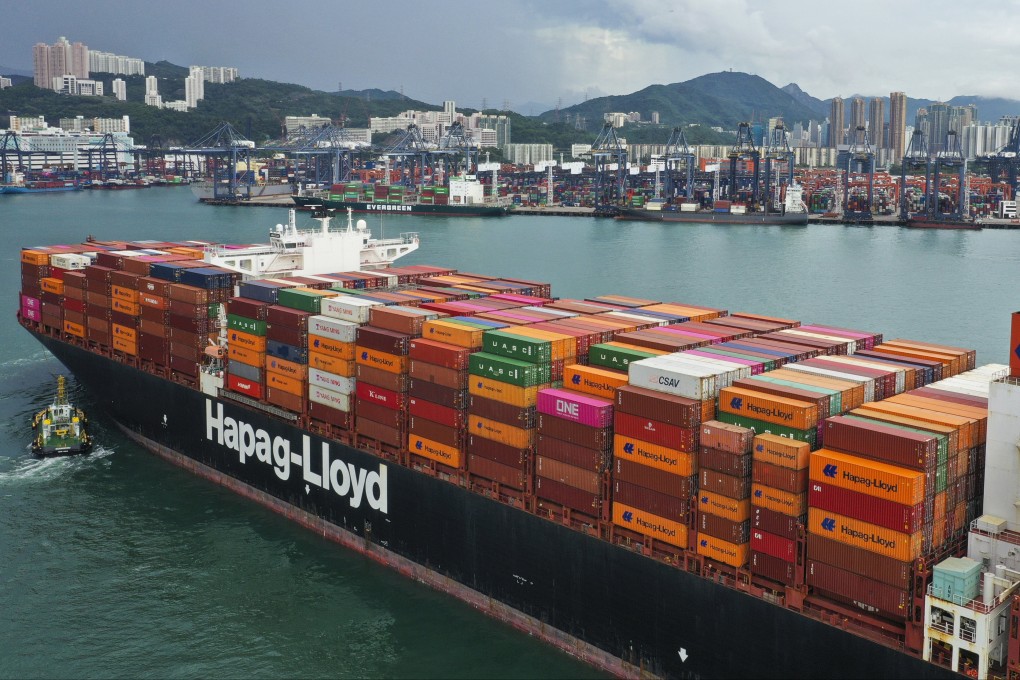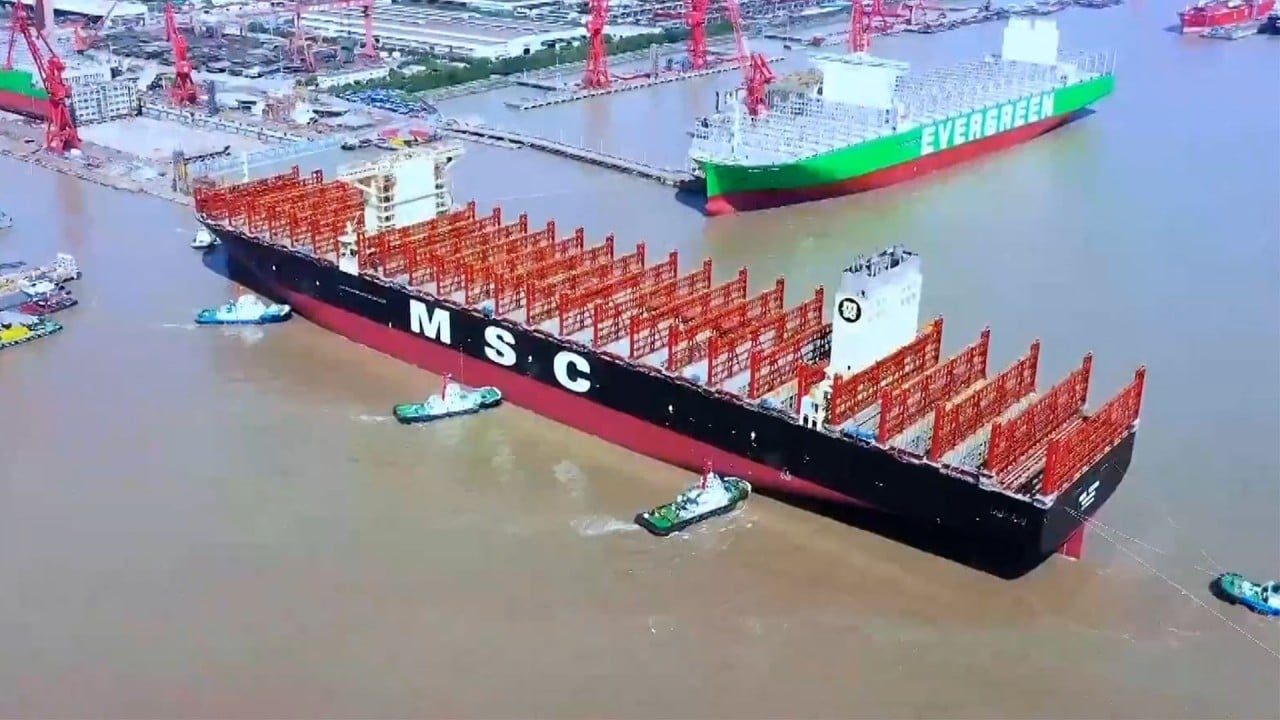Advertisement
Climate change: shipping industry ‘must adopt new technologies, collaborate’ to reduce carbon footprint
- The shipping industry needs ‘radical transformation’ to improve its environmental footprint, says chairman of Wah Kwong Maritime Transport Holdings
- Ocean carriers are under pressure to decarbonise after the International Maritime Organisation set targets to halve emissions by 2050
Reading Time:3 minutes
Why you can trust SCMP

The shipping industry is outdated and in desperate need of a “radical transformation” if it is to improve its environmental footprint, according to a senior maritime executive based in Hong Kong.
Advertisement
The industry currently accounts for 2 to 3 per cent of global carbon dioxide emissions, according to S&P Global Platts Analytics.
Shipping companies are increasingly adopting new technologies that reduce the carbon footprint of their fleets, in response to concerns about climate change and pressure from regulators, said Hing Chao, chairman of Hong Kong-based Wah Kwong Maritime Transport Holdings.
But they have a long way to go and need to cooperate more with other sectors, such as energy companies.
“Shipping is a key enabler for the global transport of goods. We must work hand in hand with partners across the supply chain to make sure we take the right steps towards decarbonising the entire production system,” said Chao.
Wah Kwong, a private shipping company, has taken steps to add four eco-friendly hulls called 63K DWT bulkers to its fleet. It has also signed an agreement with BV, a testing and certification company, and Shanghai Marine Diesel Engine Research Institute (SMDERI) on a study looking into the feasibility of carbon capture on existing ships.

Advertisement
